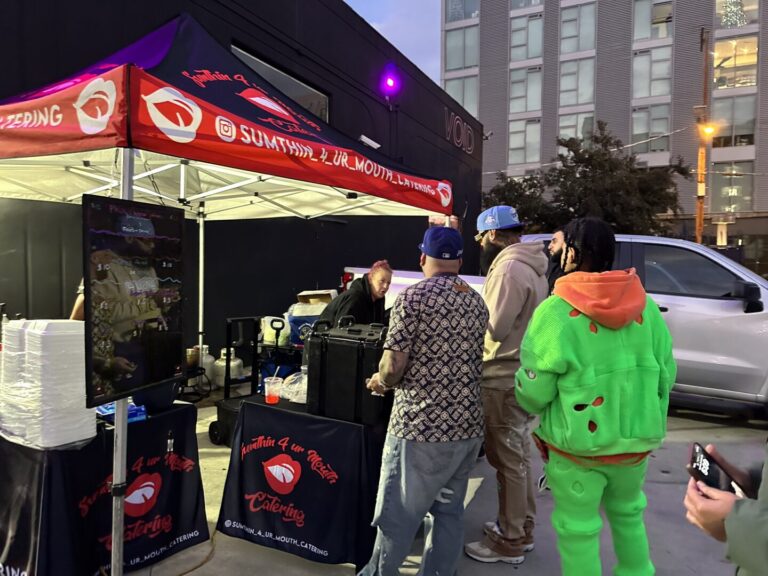Encouraged by state requirements for prepackaging, Black and Latinx producers and distributors of legal cannabis in California have developed novel, symbolically and socially significant forms of marketing. Black and Latinx cannabis industries have developed their own “commodity aesthetics,” using product packaging, live events, and social media to entice buyers with a combination of beautiful sights, smells, textures, signs, and symbols that represent the contradictions of working-class Black and Latinx life in contemporary California. Black and Latinx cannabis popular cultures combine images of freedom and transcendence with depictions of the low wage jobs that many Black and Latinx people work. This is because, rather than an impediment to work, cannabis consumption is a kind of support for or accessory to labor. Many consumers use cannabis to dull the tedium and pain of labor and to sustain them throughout the workday. This essay provides a critical overview of Black and Latinx cannabis marketing in California, and its targeting of working-class consumers of color. While I discuss several examples, my central case study is the successful Black and Latinx cannabis distributor Teds Budz. I draw on interviews, ethnographies of live cannabis events, and visual studies of cannabis packages and social media, arguing that seemingly “escapist” qualities in cannabis culture critically foreground the material limits of the world from which Black and Latinx workers are trying to escape. Cannabis commodity aesthetics, I conclude, promise people of color an exit from the drudgery of work that can also tighten their ties to low wage jobs.
Articles by Curtis Marez
A professor in the UC San Diego Ethnic Studies Department, Curtis Marez is the author of Drug Wars: The Political Economy of Narcotics (University of Minnesota Press, 2004), Farm Worker Futurism: Speculative Technologies of Resistance (University of Minnesota Press, 2016), University Babylon: Film and Race Politics on Campus (UC Press, 2019), and Producing Precarity: The Costs of Making TV in Poor Places (NYU Press, Spring 2025). Along with Lisa Duggan he edits American Studies Now, a UC Press book series. Curtis is the former editor of American Quarterly, past president of the American Studies Association:, and the Vice Chair of the UC Press Faculty Editorial Board. He’s currently working on a book about Cheech and Chong.
